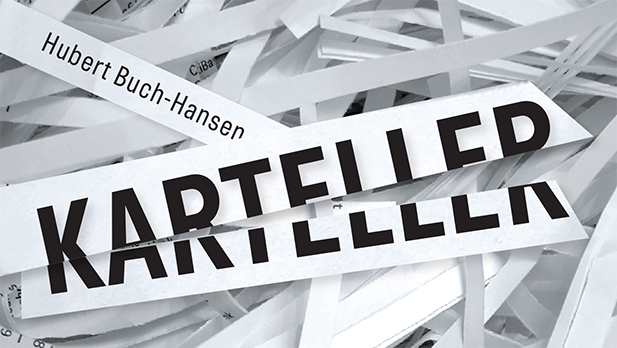When companies take cooperation too far

(Copyright © Gyldendals Business)
Your daughter is turning 18 and you plan to get her a driving licence as a birthday present. The place where you live boasts three driving schools and you start checking up on prices. The prices of the available deals, to your great surprise, are exactly the same for all three schools! If you recognise this scenario, perhaps you were a victim of a backroom deal, or put in another way: A cartel.
Denmark enjoys a long tradition of inter-company cooperation. In some instances, however, companies carry this cooperation to excess, a fact that is particularly worrisome in cases where the companies by law are required to compete with each other.
The motive is obvious. Through cartelization, companies can raise prices and thus increase company earnings. At the same time, however, by eliminating competition between companies, business innovation is curbed, which again has a negative impact on the national economy.
This is the topic of Hubert Buch-Hansen’s new book Cartels – Backroom Deals in Danish Business Disclosed. In his book, Hubert Buch-Hansen not only explains how cartels work but also accounts for the adverse consequences of cartelization for Danish business.
"Cartelization affects all of us, both as consumers and taxpayers. It is very much a phenomenon of present-day relevance and does not exclusively involve small businesses. In the past five years alone, market leaders such as Deutsche Bank and Dutch Phillips have been issued massive fines for cartel operations. Leading Danish groups like Carlsberg and Danfoss have been heavily fined in recent years also for the same offence," according to Hubert Buch-Hansen, author of the book and associate professor with the Department of Business and Politics at CBS.
Heavier fines and imprisonment.
Hubert Buch-Hansen examines how cartels, and the stance taken by the authorities towards them, have evolved over the years. One of his points is that cartelization is not a recent phenomenon in Danish business. Formerly cartel agreements were perfectly legal and the majority of Danish businesses were involved in such agreements.
Today the attitude has shifted and there is a general consensus that cartel operations are problematic. What is more, in 2012 a law was passed that made cartelization punishable not only by heavier fines but also by imprisonment.
In his book, Hubert Buch-Hansen points to a number of cartels in the electricity, plumbing, and construction industries, and explains how the authorities succeeded in uncovering these cartels.
The book looks at both Denmark and beyond, at international cartels featuring Danish companies.
|
Buy the book at Academic Books.
Or make a reservation for the book at CBS Library.
Hubert Buch-Hansen is an associate professor at Department of Business and Politics. He may be reached at hb.dbp@cbs.dk. |